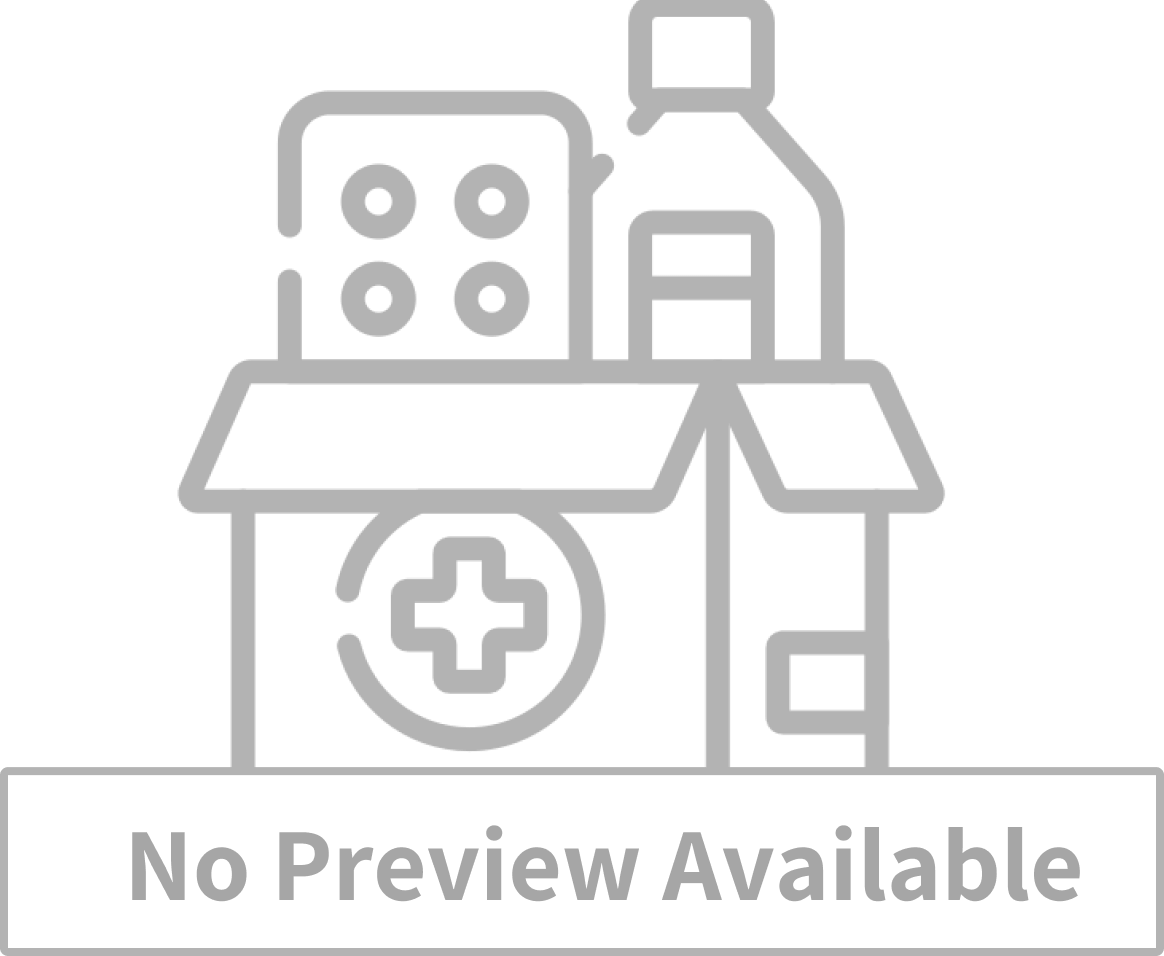
Glimzab MV3 Tablet SR
Pack Size : strip of 15 tablet sr
Marketer : Neucure Lifesciences Private Limited
Salt Composition : Glimepiride (3mg) + Metformin (500mg) + Voglibose (0.3mg)
₹281.32
Description
Glimzab MV3 Tablet SR belongs to a category of medicines known as anti-diabetic drugs. It is a combination of medicines used to treat type 2 diabetes mellitus in adults. It helps control blood sugar levels in people with diabetes.
Glimzab MV3 Tablet SR should be taken with food. Take it regularly at the same time each day to get the most benefit. Your doctor will decide what dose is best for you and this may change from time to time according to how it is working according to your blood sugar levels.
Keep taking this medicine, even if you feel well or your blood sugar levels are controlled. If you stop it without consulting your doctor, your blood sugar levels could rise and put you at risk of kidney damage, blindness, nerve problems and loss of limbs. Remember that it is only part of a treatment program that should also include a healthy diet, regular exercise, and weight reduction as advised by your doctor. Your lifestyle plays a big part in controlling diabetes.
The most common side effect of Glimzab MV3 Tablet SR is low blood glucose levels (hypoglycemia). Make sure you recognize the signs of having low blood glucose levels, such as sweating, dizziness, headache, and shaking and know how to deal with it. To prevent this, it’s important to have regular meals and always carry a fast-acting source of glucose such as sugary food or fruit juice with you. Drinking alcohol can also increase your risk of low blood sugar levels and should be avoided. Other side effects that may be seen on taking this medicine include taste changes, nausea, diarrhea, stomach pain, headache, edema (swelling), blurred vision, bone fracture, and upper respiratory tract infection. Some people may find that they put on weight with this medicine.
You should not take it if you have type 1 diabetes mellitus, if you have diabetic ketoacidosis (high levels of acid in your blood), or if you have severe kidney or liver disease. Before taking this medicine, tell your doctor if you have ever had heart disease. It may not be suitable. Pregnant or breastfeeding women should also consult their doctor before taking it. Your blood sugar levels should be checked regularly and your doctor may also advise blood tests to monitor your blood cell counts and liver function.
- USES
- Treatment of
- Type 2 diabetes mellitus
BENEFITS
In Treatment of Type 2 diabetes mellitus
Glimzab MV3 Tablet SR is a medicine that helps to control high blood glucose (sugar) levels. It helps to slow down the breaking down of food in our intestine to simple glucose (sugar), thereby decreasing the rise in blood glucose levels after meals. It also helps get rid of extra glucose from your body through urine. Lowering blood glucose levels is an essential part of managing diabetes. If you can control the level, you will reduce the risk of getting any of the serious complications of diabetes such as kidney damage, eye damage, nerve problems and loss of limbs.
Glimzab MV3 Tablet SR will reduce the risk of dying from cardiovascular disease if you have type 2 diabetes and already have cardiovascular disease. Taking this medicine regularly along with proper diet and exercise will help you live a normal, healthy life. You should keep using it for as long as it is prescribed because it is protecting your future health.
SIDE EFFECTS
Most side effects do not require any medical attention and disappear as your body adjusts to the medicine. Consult your doctor if they persist or if youre worried about them
- Nausea
- Diarrhea
- Abdominal pain
- Hypoglycemia (low blood glucose level)
- Loss of appetite
HOW TO USE?
Take this medicine in the dose and duration as advised by your doctor. Swallow it as a whole. Do not chew, crush or break it. Glimzab MV3 Tablet SR is to be taken empty stomach.
- SOME OTHER TIPS
- It can cause hypoglycemia (low blood sugar level) when used with other antidiabetic medicines, alcohol or if you delay or miss a meal.
- Carry a sugar source with you for immediate relief.
- Your doctor may check your liver function regularly.
- Inform your doctor if you develop symptoms such as abdominal pain, loss of appetite, or yellowing of the eyes or skin (jaundice).